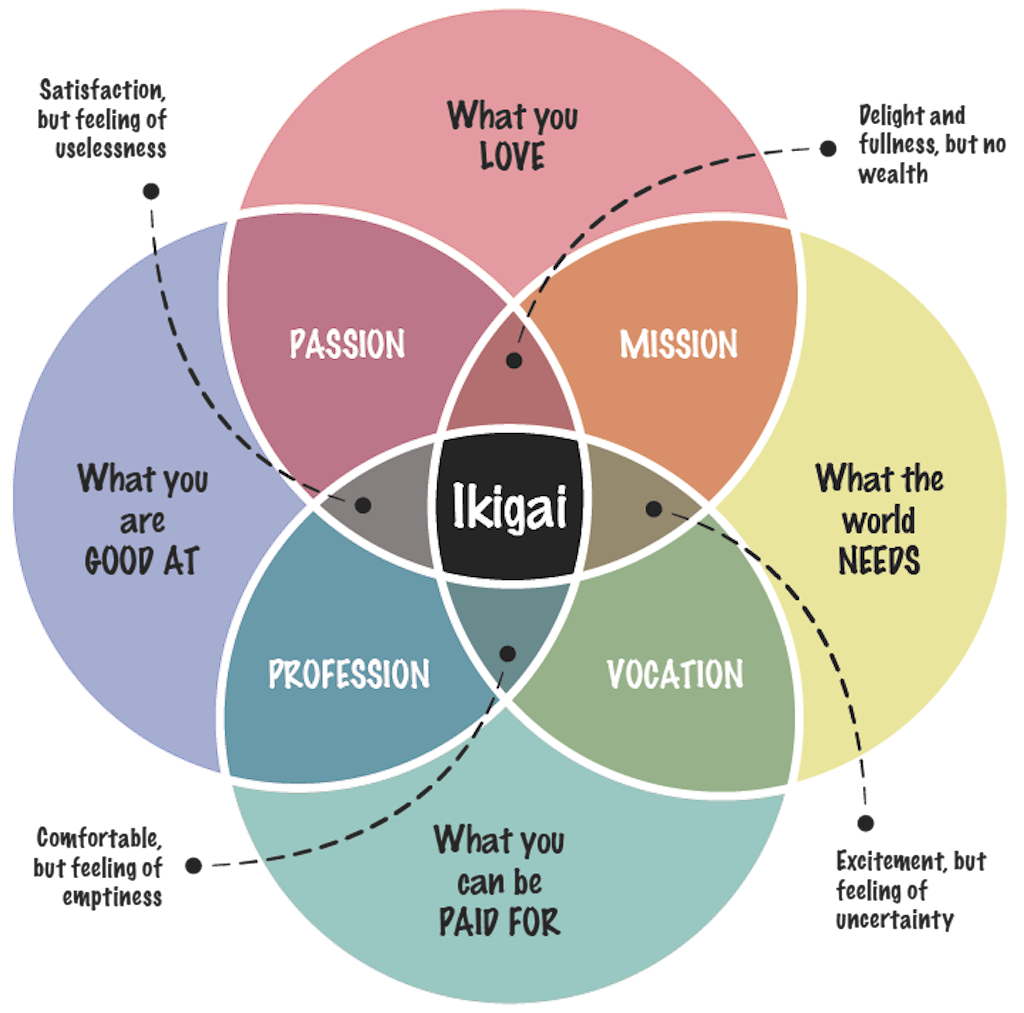Revise and Re-orientate
These last three months have been extraordinary and tough for us all. But they’ve also presented an unexpected opportunity to reflect and review so we can reset ourselves and relaunch our businesses to ensure we’re still relevant, offering value, and able to thrive.
In our last blog post we looked at the first step of reflecting and refocusing by asking the question: Is your business relevant right now?
In this blog post ‘Where is your business going right now’, we look at revising purpose, vision, values, and objectives in order to re-orientate yourself and your business for the new environment.
Traditionally, we’ve been led to believe that it’s ok for the overarching purpose of our company to be profit and shareholder value. However, deep down, for most of us, that doesn’t sit right with our values and we know it won’t lead to positive social impact or even optimise shareholder value.
Thankfully, consumers and employees today are realising the detrimental effects of decades of doing business this way and are re-defining the new business landscape. They want to be living, working, and buying more in line with their own purpose and passions. They want to see socially and environmentally responsible behaviours from companies with growth and profit being a consequence of caring about service, people, and the planet. Growing for the sake of growth can’t be your purpose if your company is going to thrive in the current and future climate.
A Personal Compass
What if you were equipped with a compass that helped translate your individual purpose and professional skills into social impact, while also making a profit for investors? And that helped you with the question of where you and your business are going right now?
The Japanese model of Ikigai, which has seen a resurgence of interest in the western world, gives us this compass. It’s made up of 4 elements which all need to be aligned in order to find our ‘sweet spot’.
Here we discuss these 4 elements and why each is important to achieve happiness and success:
1. Do What You Love
In order for you and your business to be truly successful, it’s important to be doing the things that bring you joy. This doesn’t just mean your hobbies, but includes your values, purpose, and the things you stand for and truly believe in.
Do you love the business you’re involved in right now? Is it in line with your core purpose and values? Do you feel passionate about the products or services you offer and about the customers you’re working with?
If you’re running a business that’s not aligned with what you love and care about, no matter how useful your products and services are, you will experience a sense of emptiness.
Either you need to change, at the deepest of levels, or you need to change your business model.
If you’re not sure about your purpose and passions, Professor Martin Seligman and his team at the University of Pennsylvania have some great tests you can take for free (while contributing to their research on positive psychology) on their Authentic Happiness website, such as the Meaning in Life Questionnaire and the Survey of Character Strengths.
Once you have more clarity on these, look at how they guide you in your daily life, decision-making, and goal-setting. This will raise your awareness of your behaviour and the impact your purpose and values have on the success (or not) of your business.
2. Do What You’re Good At
Do you know what you’re actually naturally great at and what makes you and your business unique and different from the hundreds of others out there?
You must become deeply aware of your talents and those of your team so you can build on and leverage them to truly be the best you can be. When you and your team are working according to natural strengths and passions you can start to work in flow and this is when you build trust and increase productivity exponentially.
If your business is not aligned with your natural strengths and talents, you may feel excitement and even have a clear purpose and vision, but you will experience uncertainty and insecurity about what you’re offering and how you’re delivering it.
There are a lot of profiling tools out there to help you discover your natural strengths but in our over 30 years of experience we’ve found that the Talent Dynamics profiling tool is really top of the bunch when it comes to assessing the natural talents and styles of individuals and teams as it goes deep and provides clear strategies to increase your performance and fulfilment. It also takes into account the different strategies and leadership styles needed during different cycles of your business and projects.
Download our free introduction e-guide to Unlocking the Potential in You and Your Team.
3. Do What Pays Well
Are you still focused on selling your existing service or products, packaged in the same way no matter what? Have you done your market research to see if your product or service is still valid and that people are still buying them? Are you focusing your energy on those products or services which are the most relevant and profitable?
The landscape is changing and people might now be looking for and buying:
- The same product or service with modifications
- The same product or service packaged/marketed differently
- Completely different products or services
Increase the time and energy you spend on the activities that generate revenue.
If you’re running a business that’s not aligned with what pays you well, you may feel happy and fulfilled but you will not generate sustainable wealth.
See: Match Your Business to Your Customers To Kick Start Growth And Personal Fulfillment
4. Do What The World Needs
Focus on finding out and solving your customers’, your community’s (or even the world’s!) current problems.
Tackling a real problem will give you and your business meaning and purpose. Meaning and purpose lead to happiness and when you’re offering relevant value, demand for your product or service will grow rapidly.
Unfortunately, sometimes what you know the world or people need isn’t always what they think they need or feel ready for. This is where your marketing and messaging comes in and your ability to target the right people at the right time.
It’s important to take social responsibility, impact, and relevance seriously.
If you’re running a business which doesn’t align with what the world actually needs, you may feel satisfied for a while but you’ll end up feeling a sense of uselessness.
Ikigai – The Sweet Spot
Finding this sweet spot is not a quick and easy process and at some stages of life and business it may of course be necessary to sacrifice one element to focus on another. But keeping the ideal of ‘Ikigai’ in our minds will help us stay focused on where we’re going. Otherwise, we may end up happy but poor, rich but bored, fulfilled but irrelevant, or useful but empty.
Action Exercise
Print off the Ikigai diagram and put it somewhere you will see it every day. Then ask yourself these 4 questions regularly as you continually reflect and revise and re-orientate your business:
- What makes you happy when you’re working?
- What work are people complimenting you for?
- What activities allow you to pay your bills?
- What problems and challenges do you see around you?
“You can’t go back and change the beginning, but you can start where you are and change the ending.”
––C.S. Lewis
The next step is to reset and relaunch your business. See our next blog post: Reset & Relaunch Your Business (9 Steps).
If you’re not sure where you are or where you’re going and/or would like to chat about your current challenges in these changing times, get in touch and I’ll be happy to offer some initial informal advice.
Have a great week.
Cheers, Ross.
Growing Organisations offers coaching and mentoring services to business owners and helps you lead through change and crisis.

ABOUT THE AUTHOR
Ross Wilson is an Organisational Performance Consultant and Managing Director of Growing Organisations. For more information and to discuss your business goals, contact us today.
E: [email protected] | T: 021 152 8400




